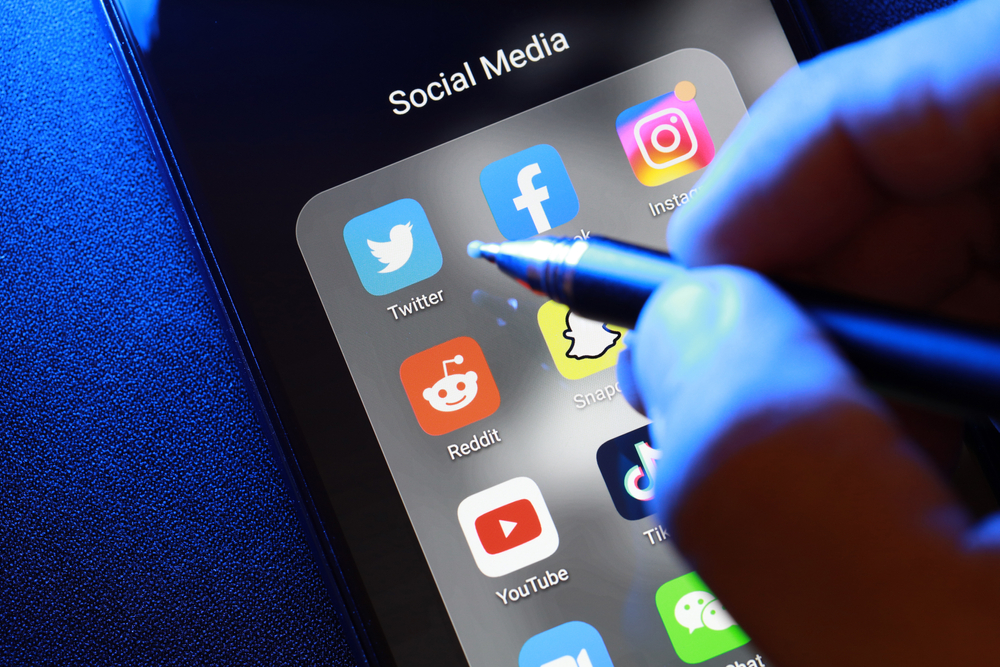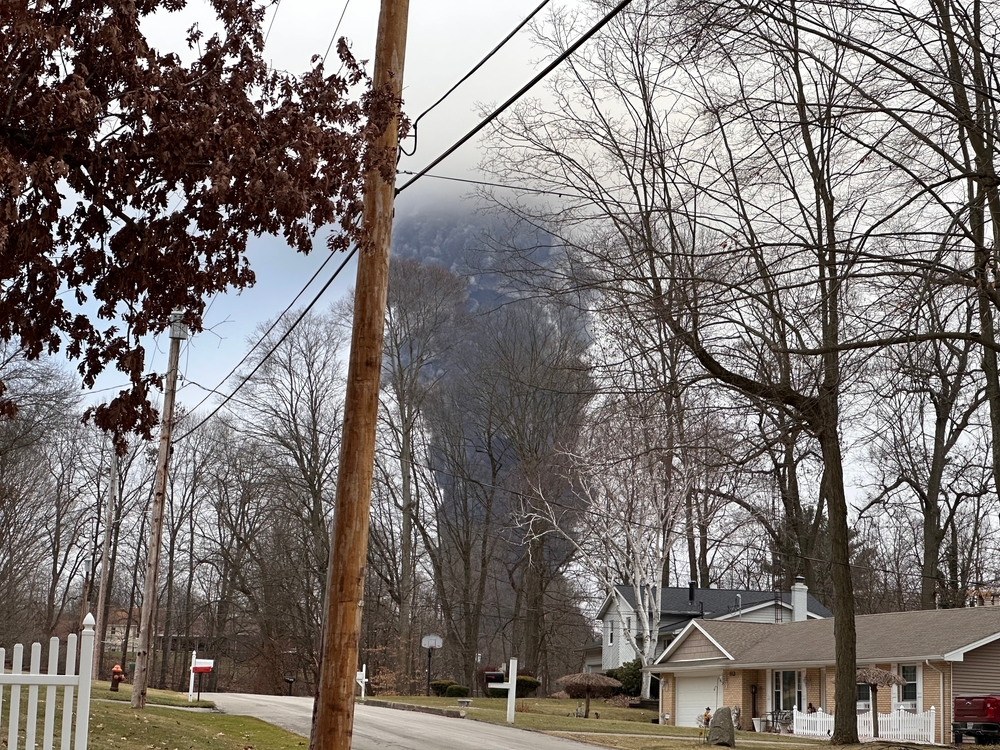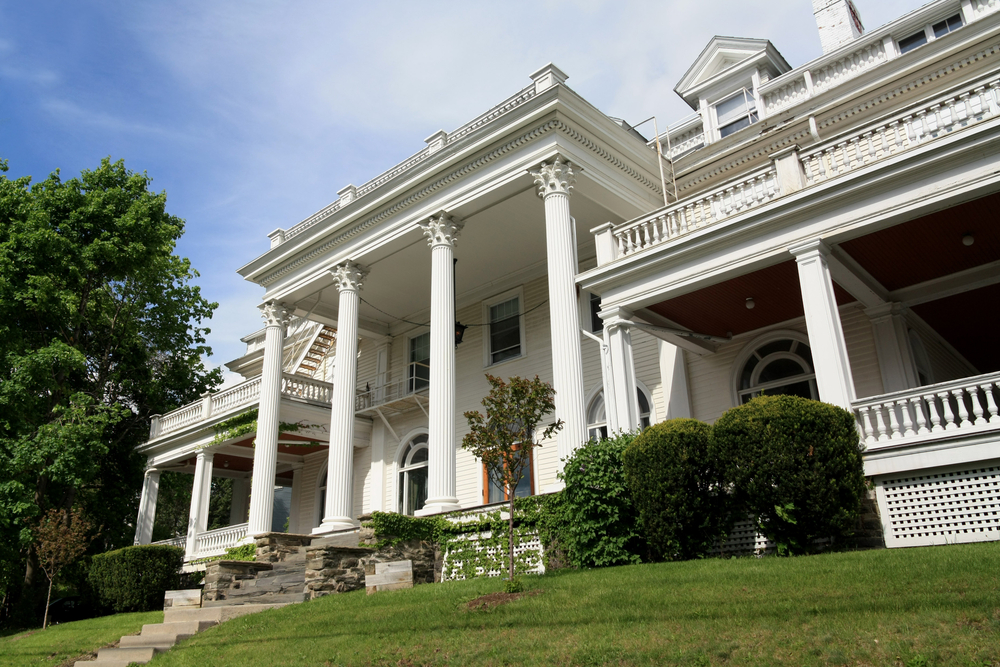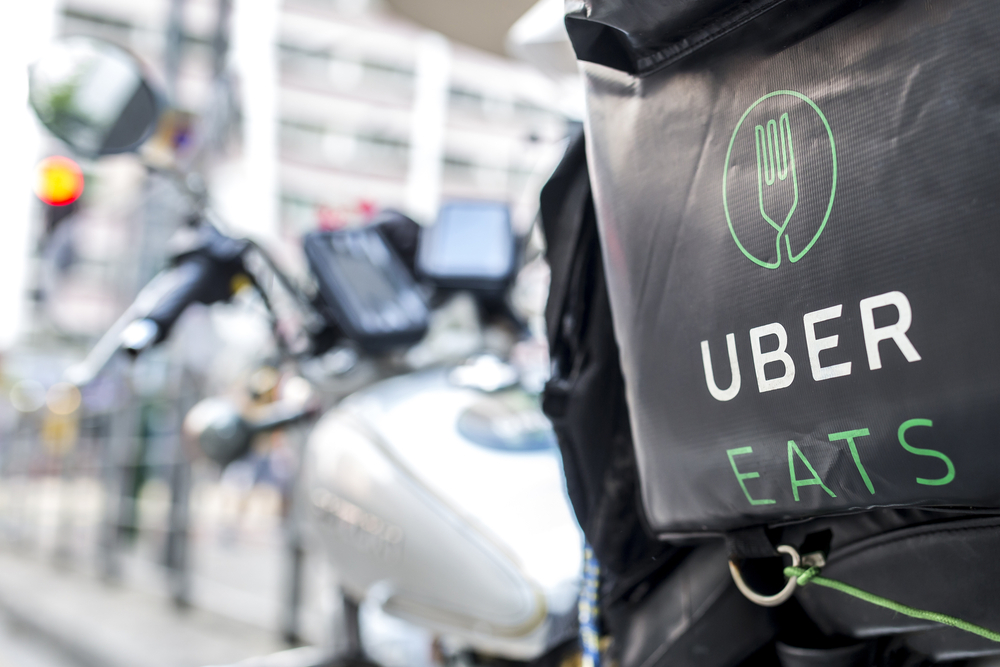Google and social media networks will soon find themselves in front of the Supreme Court. Early in October, the Supreme Court announced that it would hear cases that test Section 230 - a legal provision that protects social media companies from liability for what people post to their sites.
What Is Section 230?
Passed in 1996, Section 230 of the Communications Decency Act (CDA) helped lay the framework for the internet we know today. It provides near immunity to social media companies, including Google, Meta (Facebook and Instagram), and Twitter. The near blanket immunity prevents these social media networks from being found responsible in civil lawsuits for what their users post.
Section 230 states, “No provider or user of an interactive computer service shall be treated as the publisher or speaker of any information provided by another information content provider.” In this language, users are responsible for information on a social media network, not the network itself.
In recent years, advocates have called for Section 230 reforms. Former President Trump has called for reforms, alleging that Conservatives have been censored on social media networks. President Biden has also called for reforms to curb some of the hate speech found on social media networks. Reforms to Section 230 could change how the internet is used and monitored, what content is permitted and how content is moderated.
Politicians aren’t the only interested group calling for action. Cybersecurity law experts are also paying attention. Jeff Kosseff, a cybersecurity law professor at the U.S. Naval Academy, shared that he is also watching this case closely. “The entire scope of Section 230 could be at stake, depending on what the Supreme Court wants to do,” he shared. Kosseff is also an author of a book on Section 230, “The Twenty-Sex Words That Created the Internet.”
Section 230 Cases to Be Heard
One case in question involves Google’s subsidiary YouTube and the family of Nohemi Gonzalez, a student who was killed in an Islamic State attack in Paris in 2015. The family alleges that YouTube “aided and abetted” this attack. Gonzalez v. Google claims that YouTube and its algorithms recommended video content from the Islamic State terrorist group to other users. Relatives allege in the lawsuit that YouTube used the data it collects on its users to recommend videos, photos, and other content to others based on the data collected and interests shared by users. At the center of this lawsuit is whether a company’s algorithms are protected under Section 230. Lower courts have ruled that algorithms are protected.
The lawsuit alleges that Google, YouTube’s parent company, knew that its technology was helping ISIS. When asking the Supreme Court to hear this case, the plaintiffs included that “videos that users viewed on YouTube were the central manner in which ISIS enlisted support and recruits from areas outside the portions of Syria and Iraq which it controlled.” Plaintiffs allege that by recommending Islamic State videos to other users on YouTube, YouTube and Google helped the Islamic State spread its message of hate and violence to others.
In response, Google has argued that the plaintiff's complaint “does not allege that any terrorists saw such a recommendation or that such recommendations had any connection to the Paris attack.”
This is the first time the Supreme Court will hear a case related to Section 230. In addition to this case, the Supreme Court will also hear a case involving Twitter and a person killed in a terrorist attack in Istanbul in 2017. Relatives of Nawras Alassaf allege that Twitter, Google, and Facebook violated the Anti-Terrorism Act by granting access to their social media accounts to the Islamic State. Twitter requested that the Supreme Court hear this case if they were hearing the Google case.
In Twitter v. Taamneh, the core of this case focuses on whether social media networks can be sued for aiding and abetting acts of terror when the networks host user content that may express support for the organization behind violence and violent attacks.
With the internet and social media companies engrained in how many live and work, experts and technology companies across the country are carefully observing these cases. Social media platforms are currently protected from civil litigation from Section 230 - but this could change should the Supreme Court rule in favor of the relatives of those killed in terrorist attacks in Paris and Istanbul. These cases may change the behavior of social media companies and other internet-related organizations with user-generated content.














